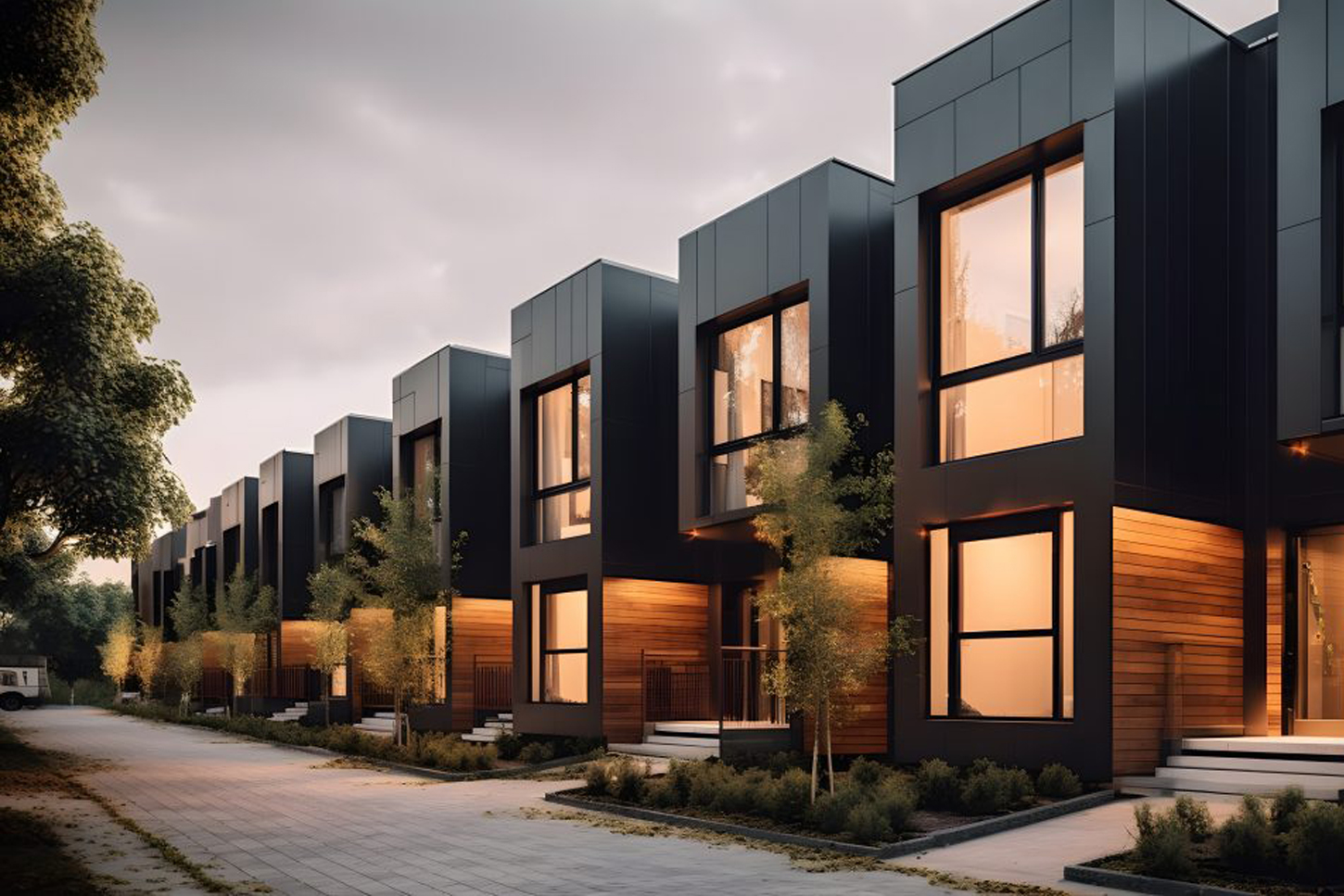If you’ve ever felt like your condo board is constantly playing catch-up—juggling maintenance issues, scrambling to finalize budgets, or reacting to resident complaints—you’re not alone. Many boards find themselves stuck in reactive mode because they don’t have a clear plan in place That’s where an annual condo plan comes in.
Think of it as your board’s GPS for the year ahead: a roadmap that helps you stay on course, anticipate challenges, and ultimately make smarter decisions for your community. In this article, we’ll walk you through exactly why every condo board needs one, what it should include, and how to build one; even if you’re just getting started.
What Is an Annual Condo Plan?
An annual condo plan is a 12-month roadmap that outlines your building’s priorities, tasks, and financial obligations for the year. It typically includes things like:
-
Routine maintenance schedules
-
Capital project timelines
-
Budgeting and financial milestones
-
Owner communications
-
Board and AGM planning
-
Compliance deadlines
It’s not just a spreadsheet or a to-do list—it’s a tool for strategic governance that keeps everyone on the same page: the board, your property manager, your contractors, and your owners.
Why Every Condo Board Needs an Annual Plan
Let’s dive into the benefits. You’ll quickly see why boards that adopt annual planning tend to be more effective—and way less stressed.
From Firefighting to Future-Proofing
Without a plan, boards are often in reaction mode—responding to urgent maintenance issues, last-minute budget crises, or resident frustration. An annual plan helps you get ahead of problems by:
-
Anticipating seasonal maintenance (e.g., HVAC checks, snow removal)
-
Scheduling inspections and renewals in advance
-
Lining up contractors and getting quotes early
It’s a shift from constantly putting out fires to making thoughtful, proactive decisions.
Improved Financial Oversight
Your budget isn’t just numbers on a page—it’s the backbone of your building’s stability. An annual plan:
-
Links your budget to actual operational needs
-
Reduces the likelihood of special assessments
-
Helps you allocate reserve fund contributions with intention
Clearer Communication
When the board has a plan, it’s easier to communicate priorities to owners and vendors. You can issue quarterly updates, give advance notice of major projects, and even build transparency and trust in your community.
Compliance Made Easy
Let’s be honest—no one loves regulatory paperwork. But it’s a lot less stressful when you’re not scrambling. A solid plan ensures you meet:
-
CAO reporting timelines
-
Status certificate requirements
-
Insurance renewals
-
Reserve fund study timelines
If the CMRAO ever comes knocking, you’ll be ready.
What Should an Annual Condo Plan Include?
Let’s break it down. A strong plan will cover six core areas:
1. Maintenance Calendar
This includes everything from regular tasks (e.g., landscaping, pest control) to seasonal jobs (e.g., eavestrough cleaning, HVAC servicing). Mapping these out by month helps avoid missed deadlines.
2. Capital Projects
Roof replacement? Elevator modernization? Map out when quotes need to be gathered, board decisions made, and work scheduled.
3. Financial Planning
Include key dates for budget preparation, audit timelines, reserve fund reviews, and forecasting.
4. Board & AGM Scheduling
Set dates for board meetings, the AGM, and prep tasks like the auditor’s package or owner notices.
5. Communication Plan
Plan when and how you’ll communicate with owners—monthly email updates, annual letters, notices for projects.
6. Compliance & Admin Tasks
Mark down timelines for filing annual returns, CMRAO licensing renewals, insurance reviews, and status certificate updates.
How to Create an Annual Condo Plan (Step-by-Step)
Feeling a little overwhelmed? Don’t worry—we’ll walk you through the process.
Step 1: Review the Past Year
Start with a look back. Review maintenance logs, budgets, past meeting minutes, and any issues that came up. Ask:
-
What went well?
-
Where did we struggle?
-
What surprised us?
This gives you a realistic starting point.
Step 2: Build Your Calendar
Plot out the year month-by-month. Start with:
-
Known maintenance tasks
-
Seasonal services
-
Board meetings
-
Budget planning
-
Major projects
Tip: Use a shared digital calendar or project management tool so all board members and your manager can access it.
Step 3: Align with Your Budget
Now tie your calendar to your financial plan. Include:
-
When the draft budget needs to be reviewed
-
When reserve fund transfers happen
-
Due dates for payments to key vendors
This keeps your spending on track and avoids surprise shortfalls.
Step 4: Collaborate with Your Property Manager
Your manager has likely supported dozens of communities through this process. They’ll know:
-
Which contractors are reliable
-
How long specific jobs usually take
-
What documents are needed for each milestone
A good manager can also catch things you might miss—like a permit deadline or insurance renewal notice.
Step 5: Approve It and Put It Into Action
Once the board is happy with the plan, make it official. Share it with all stakeholders (owners, contractors, property management), and then stick to it.
Tip: Add quarterly reviews to your board agendas to track your progress and make adjustments as needed.
How a Professional Management Firm Like ICON Can Help
Building and executing an annual plan is doable—but partnering with the right condo management firm makes it easier and more effective.
Here’s how we help at ICON Property Management:
-
Provide customizable annual planning templates and timelines
-
Build plans aligned with your fiscal calendar and reserve fund strategy
-
Coordinate with contractors to get timely, competitive quotes
-
Keep your board on track with automated reminders and real-time updates
-
Ensure your records and timelines are CMRAO-audit ready
-
Use digital tools for communication, approvals, and budget forecasting
We don’t just manage your building; we empower your board to lead with confidence.
Whether you’re managing a downtown Toronto high-rise or a townhouse community in Hamilton, our condo property management services are designed to support your goals.
Final Thoughts: Plan Better, Lead Stronger
If your condo board has been operating without an annual plan, now’s the time to change that. Whether you manage a high-rise in downtown Toronto or a townhouse community in Mississauga, a well-structured plan will:
-
Improve transparency
-
Minimize unexpected costs
-
Strengthen board operations
-
Enhance resident satisfaction
And best of all, you don’t have to build it alone.
Ready to Plan Smarter?
Let ICON Property Management help you create a tailored annual condo plan that works.
Request a Proposal today and start leading your community with clarity and confidence.




